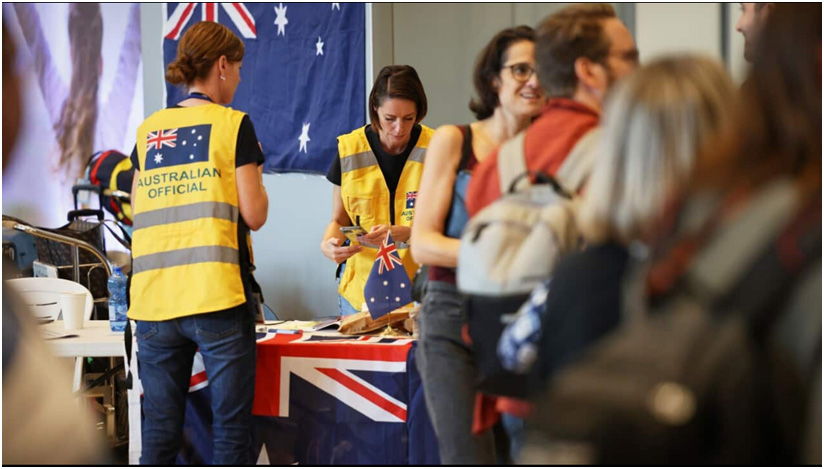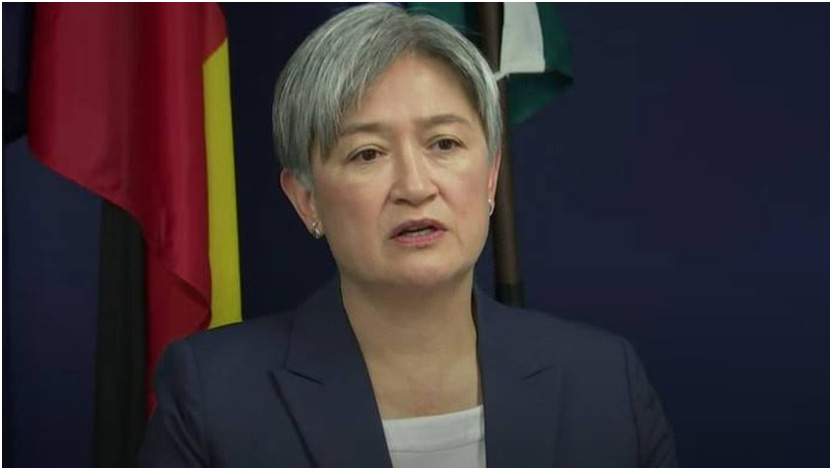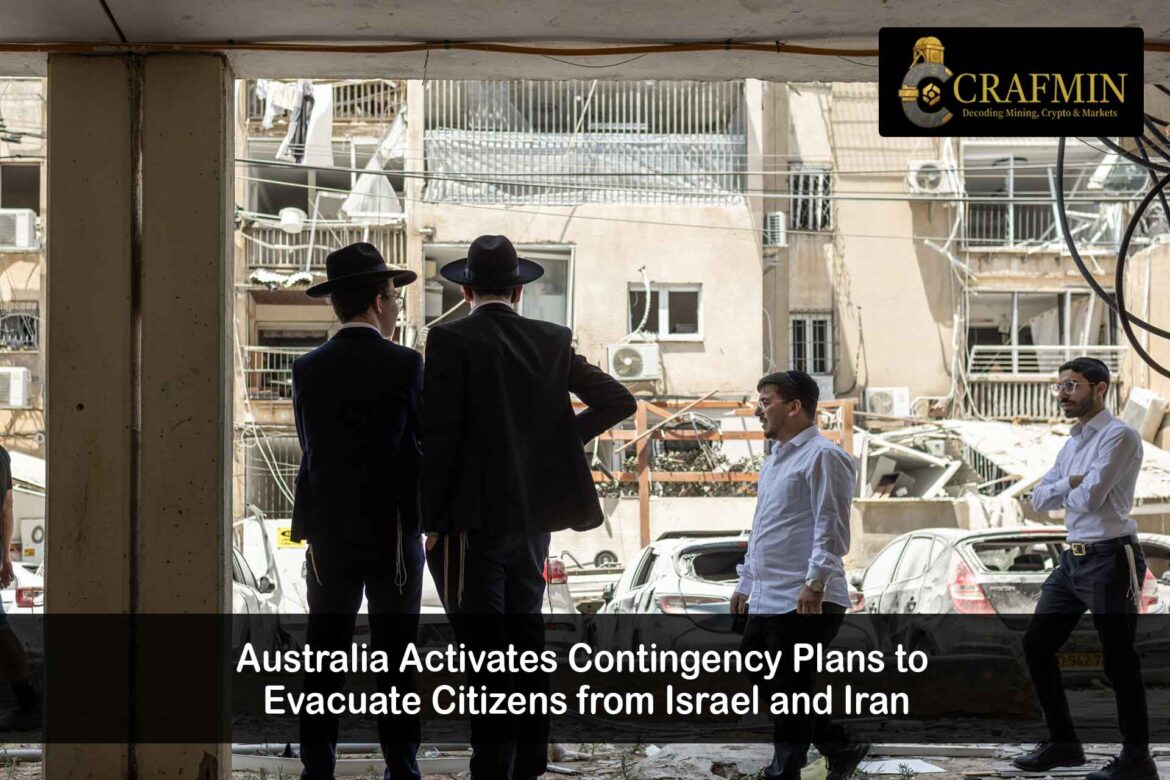As tensions intensify in the Middle East, the Australian government has confirmed that it is preparing emergency evacuation plans for citizens in Israel and Iran, with more than 650 individuals registered for possible assistance.
Speaking on Monday, Foreign Minister Penny Wong said that officials from the Department of Foreign Affairs and Trade (DFAT) have activated consular protocols amid fears of deeper conflict stemming from Israel’s military actions and Iran’s response.
Australians Await Instructions in Conflict Zones
At present, over 650 Australian nationals—split between Iran and Israel—have signed up for emergency consular assistance, anticipating possible evacuation in the event of further instability or prolonged flight disruptions. Many of these citizens include dual nationals, students, aid workers, and tourists.
“We are working closely with our partners and local authorities in both countries to ensure we’re ready, should evacuation become necessary,” said Wong during a press conference in Canberra.
“The safety of Australians overseas is our highest priority.”
While the situation is evolving by the hour, officials have warned that airspace access and security logistics could complicate any exit strategy.

Australian officials assist citizens at a Tel Aviv evacuation centre. Photo: AAP Image/ Department of Foreign Affairs and Trade.
DFAT’s SmartTraveller Network Goes on High Alert
The SmartTraveller.gov.au platform has seen a surge in activity as registered Australians receive updates, risk notifications, and emergency contact forms. DFAT has urged all Australians in the region to update their details, ensure they have valid travel documents, and prepare for rapid mobilisation if necessary.
The government has not yet issued a mass evacuation order, but preparations include:
- Commercial charter coordination
- Liaison with defence and partner embassies
- Temporary emergency processing centres at nearby safe zones (such as Amman and Istanbul)
Mounting Regional Risk
The urgency follows Israel’s expanded strikes on Iranian-linked military targets, while Tehran has vowed retaliation “at a time and place of our choosing.” Major international carriers have suspended flights through Israeli and Iranian airspace.
Australia has joined calls at the United Nations for de-escalation but also warned its citizens of “unpredictable risk” in both countries.
“We urge Australians to reconsider any travel to these regions,” Wong said. “This is not the time for non-essential presence.”
 Penny Wong details Australia’s crisis response during a Monday briefing.
Penny Wong details Australia’s crisis response during a Monday briefing.
Source: ABC News
How Will the Evacuation Work?
If required, the Australia Middle East evacuation 2025 would follow a tiered protocol:
- Phase 1: Departure Coordination
Pre-identified safe routes using land borders (e.g., Jordan, Turkey) or via third-party flights. - Phase 2: Emergency Assistance
Temporary shelter, medical triage, and documentation handling at staging areas. - Phase 3: Repatriation Flights
Chartered or defence-coordinated airlifts back to Australia, prioritising the most vulnerable.
In past global crises—including Lebanon 2006, Libya 2011, and Afghanistan 2021—Australia has used similar structures to bring citizens home.
Global Collaboration on the Table
Behind the scenes, DFAT is believed to be working with allied nations, including Canada, the UK, Germany, and the United States, to coordinate shared exit options. This collaboration may include the use of foreign bases or aircraft, particularly in the event of total commercial flight shutdowns.
“We are not acting alone,” a senior Australian diplomat told media off record. “There’s a coordinated effort to make sure no one is left behind, regardless of citizenship.”
Community Response in Australia
Back home, diaspora communities have raised concerns for loved ones abroad. Community leaders in Sydney and Melbourne have called for clear communication, especially for those with elderly or sick family members trapped in the conflict zone.
“We’re asking the government for timely updates and a transparent timeline,” said Fatima Alavi, whose sister is studying in Tel Aviv.
Several community-led helplines and legal advisors are now offering support for dual nationals who may face immigration or documentation hurdles during the process.
Looking Ahead: No Time for Complacency
While a full evacuation has not yet begun, the groundwork laid by the Australian government reflects the seriousness of the threat. Given the escalating missile exchanges, diplomatic strain, and airspace concerns, having a solid plan in place is now essential.
Australians currently in Israel or Iran are advised to:
- Maintain regular contact with DFAT
- Keep their phones charged and location known
- Prepare essential documents and medical supplies
- Refrain from travel to military or high-conflict zones

